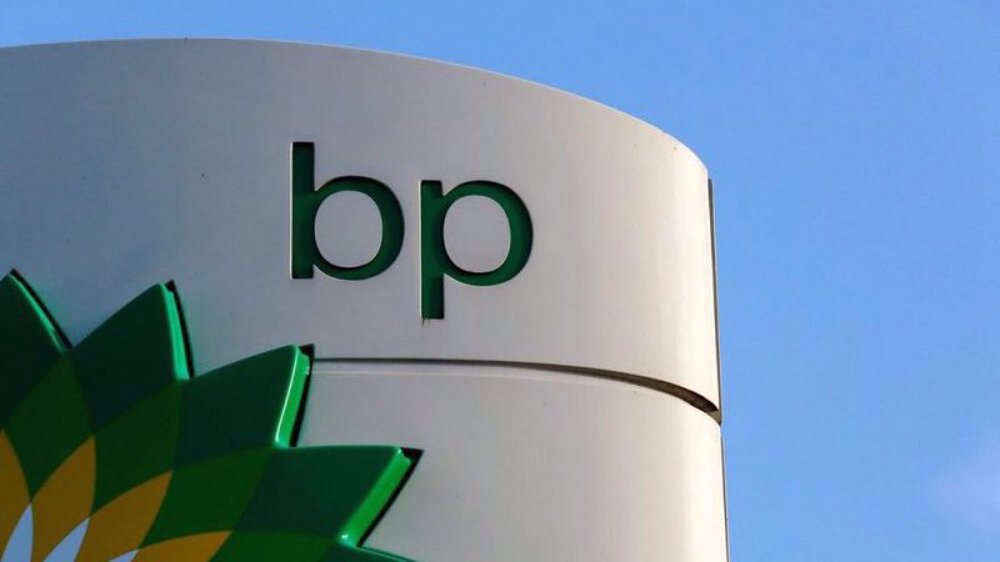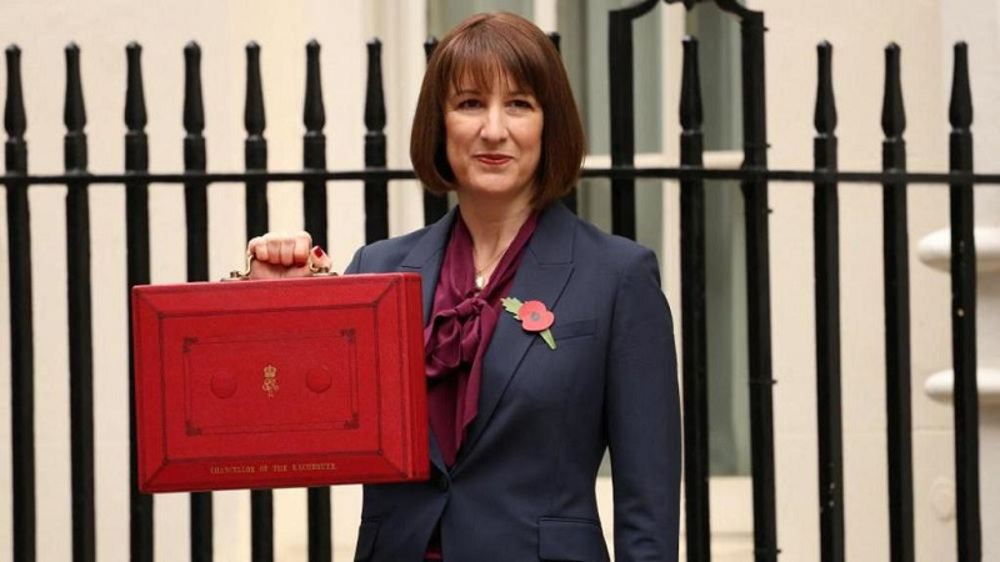Brexit threatens $590 billion in investment, US business group warns
The largest US business lobby group has warned that American companies with nearly $600 billion of investments in Britain are reviewing their plans for expansion in the country amid concerns over its post-Brexit access to the European Union’s single market.
The US Chamber of Commerce, the world’s largest national business lobby group that represents companies with investments worth some $590 billion in the UK, warned that a post-Brexit UK would need “unfettered access” to the EU market to retain and attract US investments.
The warning was expressed in a document due to be presented to the UK’s Cabinet Office this week. A briefing note was presented to British and EU ambassadors in Washington on Friday. It follows similar warnings from the Japanese business community.
If the UK loses its access to the single market, the resulting increase in the costs of doing business and exporting to the EU would hurt Britain’s competitive position in Europe.
“Ultimately, these costs are likely to be borne by British workers and consumers,” the chamber said. “Already some US businesses have indicated that without continued seamless free market access to Europe, investment and hiring decisions likely would favor other locations.”
Marjorie Chorlins, the chamber’s vice-president for European affairs, said uncertainty about the terms of Brexit was pushing American companies to make long-term “contingency plans” that involved expanding outside Britain.
“They are looking long and hard at whether it makes sense to continue to expand their investment in the UK,” she said.
The business group also dismissed the claims of Brexiters who argue the cost of leaving the EU’s single market would be low due to relatively low EU external tariffs.
“This is nonsense,” the chamber writes in unusually blunt language. “In the real world of business, margins for tradeable goods are razor thin, and even a so-called ‘nuisance’ tariff of 3 percent can make or break a sale.”
American companies are also concerned about the consequences of Britain losing access to a flow of skilled workers from other EU nations. The UK, like the US, faces a “skills gap” that has been filled by importing skilled foreign workers.
“We believe the UK must continue to allow the movement of labour without overly restrictive barriers,” the chamber wrote. “In addition to ensuring that businesses in the UK will be able to employ EU nationals without undue bureaucratic burdens in the future, reassurances should be extended to the approximately three million EU nationals today in the UK, representing about 6.6 percent of the workforce.”
Experts have warned that leaving the EU will severely hurt London’s position as a financial hub, unless the UK decides to keep its access to the single EU market by loosening its stance on immigration.
Israel provides full support for theft of aid to starve Gazans: Report
'Israel booby-trapped walkie-talkies, pagers years before Lebanon blasts'
Gaza Health Ministry calls for urgent intl. help to protect hospitals amid Israeli genocide
Stakes involved in Iran’s partnership with Eurasian Union
VIDEO | Press TV's news headlines
Iran says ‘ready’ to reopen embassy in Syria, holds talks with Damascus
VIDEO | 12 people killed in ammunition factory blast in northwest Turkey
Iraq’s PMU masses resistance forces on border with Syria amid mounting concerns














 This makes it easy to access the Press TV website
This makes it easy to access the Press TV website